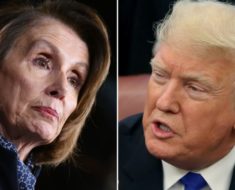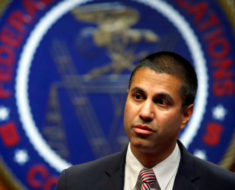
Serving on the Federal Reserve Board of Governors since December 2020 is Christopher Waller, who had much to say at a recent virtual panel discussion. He discussed at the virtual meeting the authenticity of central bank digital currencies (CBDCs) and the impact they have on the financial system internationally. On March 25, Waller talked about his skepticism of adopting a CBDC in the United States during the discussion.
What is a Crypto to Fed Governor Christopher Waller?
He refers to cryptocurrency as “electronic gold” and non-payment instrument. His understanding of cryptos is that they are forms of storage carrying wealth over time. What he is referring to is NFT (non-fungible token) assets, such as art, virtual real estate, and baseball cards. People pay millions of dollars to purchase NFT assets to hold short-term or long-term. Their objective of purchasing NFTs is to make a profitable gain in the future.
Federal Reserve Governor Waller believes cryptos, NFT assets, and blockchains (decentralized distributed ledgers) are useless. He told the panel that the blockchain is “overrated and not efficient.” With people already having access to blockchains for processing quicker payment, Waller questions why the US needs a CBDC. It was his main focus during the virtual panel discussion.
Waller Uses China’s CBDC to Explain its Functions
While global central banks are adopting or testing CBDCs, the US and other countries are in discussions and examining their benefits and disadvantages. Federal Reserve Governor Christopher Waller used China’s CBDC as an example to illustrate its function.
He said that the People’s Bank of China allows households to have a banking account with PBOC to pay for utility bills. A question he raised is how having payment accounts at a central bank could threaten the US dollar.
Waller explained that he understands how retail with direct access to the US CBDC could threaten other countries’ currencies if foreign holders have Fed accounts. He believes if the Fed adopts CBDC, there will be a possible rush in accounts demand, which could cause problems for other governments and central banks.
For now, the Federal Reserve Board of Governors’ member is skeptical about adopting a central bank digital currency. It seems he needs more convincing information and data proving the benefits of CBDC for consumers and businesses in the United States.
Dil Bole Oberoi





